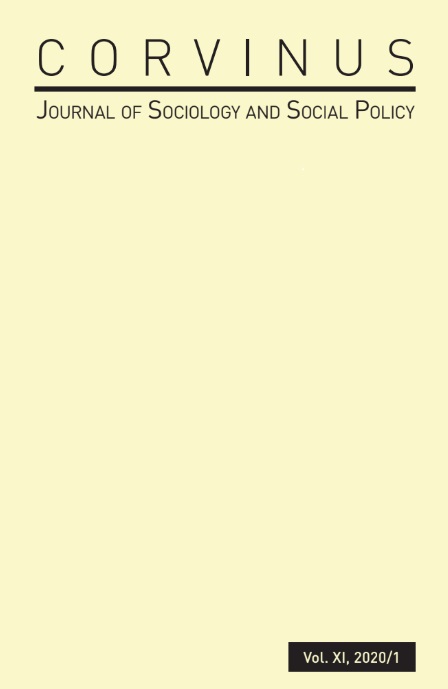Natural resources, fuel exports and corruption policy in Africa
Natural resources, fuel exports and corruption policy in Africa
Author(s): Vincent A. Onodugo, David Olufemi IsijolaSubject(s): Political Ecology, Social Norms / Social Control, Sociology of Politics, Socio-Economic Research
Published by: Budapesti Corvinus Egyetem Szociológia Doktori Iskola
Keywords: Natural resources; Dutch disease; fossil fuels; oil price; embezzlement
Summary/Abstract: Theoretical explanations of corruption in Africa are inconclusive. Economic downturn and poverty are the effects of poor resource management in Africa. Yet, neopatrimonialism also stands as an alternative explanation. This survey separate these two theoretical alternatives of corruption in Africa. It examines 54 African countries using the corruption perception index of 2017. It found that fuel-exporting countries in Africa are more corrupt than non-fuel exporting countries with a large associated effect size (Cohen’s d =. 94). Fuel exporting countries were linked with resource-curse theory (poor resource management) and the extractive theory of corruption (neopatrimonialism) while non fuel exporting countries was linked up with only the extractive theory of corruption (neopatrimonialism). By implication, African nations involved in the exportation of fuel resource are 94% likely to be more corrupt than countries that do not export fuel.
Journal: Corvinus Journal of Sociology and Social Policy
- Issue Year: 11/2020
- Issue No: 1
- Page Range: 103-125
- Page Count: 23
- Language: English

